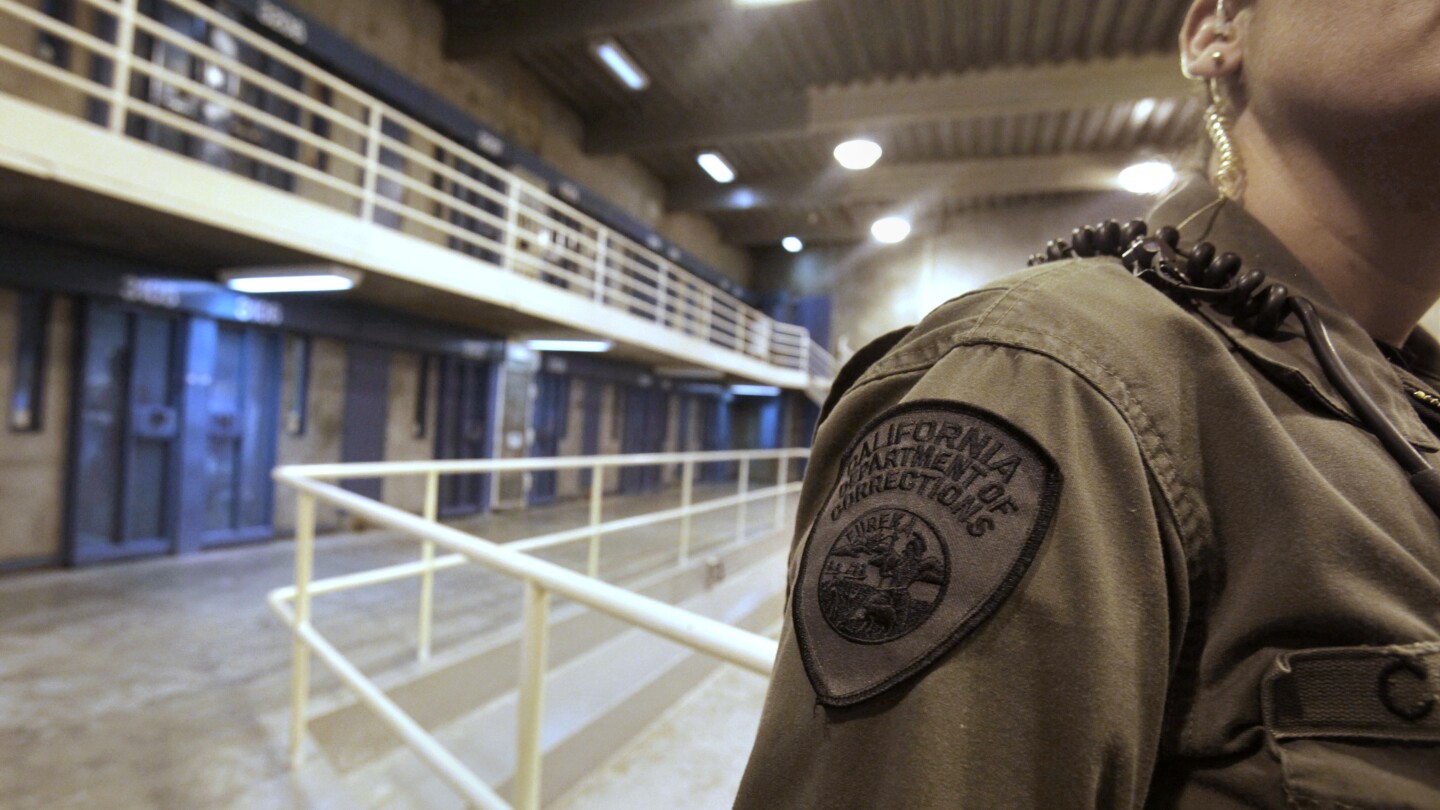Corrections Training
Corrections training is essential for equipping staff with the skills and knowledge to manage inmates effectively and maintain facility security. This directory offers articles on various training programs, techniques, and best practices within the correctional system. Proper corrections training ensures that officers are prepared to handle the challenges of their roles, promoting safety and professionalism. Explore our section on additional career development resources.
Cadet Michelle Strube, 46, died during a routine pre-service training at the Robertson Unit Training Center
Stability and accountability are urgently needed to address the deep-rooted issues facing our front-line personnel
Most COs are trained in de-escalation techniques, but sometimes those techniques can seem to disappear when we need them most
Here’s how to handle fatigue and the stress of the job
Strong leadership makes all the difference in corrections
Make sure to share your results and challenge your colleagues to match or beat your score
Inmates with mental illness can make your job harder and pose an increased safety risk
There are several steps correctional officers can follow to write a use of force report that is both a thorough and accurate account of events
The former officer claims in a lawsuit that he had been forced to work alone in the prison’s restricted housing unit despite being ill and untrained
There are enough major scandals and gaffes in corrections under today’s public scrutiny that we often forget that major issues start as unattended weeds
Research can help inform how to better prepare students to make ethical decisions in the field
Documentation is an essential part of your duty and responsibilities as a correctional officer – check if your report-writing skills are up to scratch
Sometimes referred to as “paper terrorists,” sovereign citizens should be carefully monitored
Six inmates have died at the Cuyahoga County Jail over three months
Working with juveniles is not easy, and we must make sure our officers are equipped to handle them effectively
As a young correctional officer, you will face many obstacles, but never give up as you will develop the skills you need to succeed
Attorneys filed a motion accusing sheriff’s officials of conspiring with jail phone vendor to breach calls between inmates and their attorneys
When federal officials arrived in May for a surprise inspection of the detention facility, they found nooses made from bedsheets in 15 of 20 cells
More effective communication leads to better supervision in any situation, especially in a jail or a prison
Don’t play checkers while the inmates are playing chess
Laurie Watt, 47, admitted to trying to bribe a fellow CO for access to an inmate
Anthony Gangi reviews questions you may be asked during an interview for a job in corrections
The officer allegedly then messaged her on social media about her tattoos and scars
As part of $15 million worth of new security measures, the DOC is cutting off inmates’ access to books programs
The suit accuses 23 male officers of physical threats and verbal abuse
Sandra Robles’ lawsuit alleges the chain between her feet was so short that she couldn’t reach the stirrups during her 2014 labor
Anthony Gangi discusses influence vs. control in correctional facilities, particularly when it comes to prison gangs
Case involves officer who was accused of planting screwdrivers in a cell earlier this year
A dose of corrections history provides some great learning points masquerading as war stories
Investigation only began after one official felt another had ‘cheated’ at the game
Anthony Gangi discusses whether corrections officers should or shouldn’t follow up on charges that they write
How can leaders motivate their COs to perform at optimal levels?


















